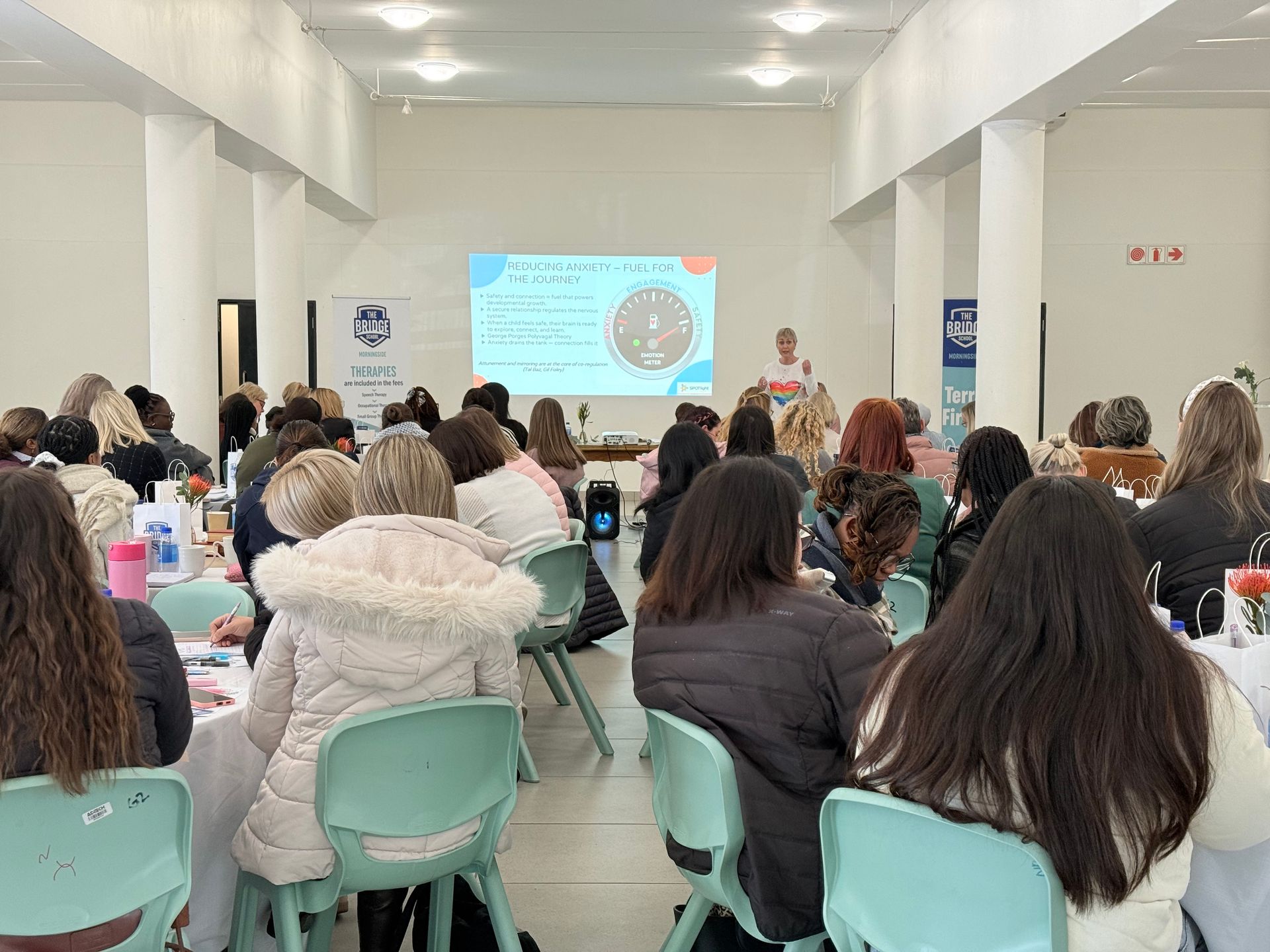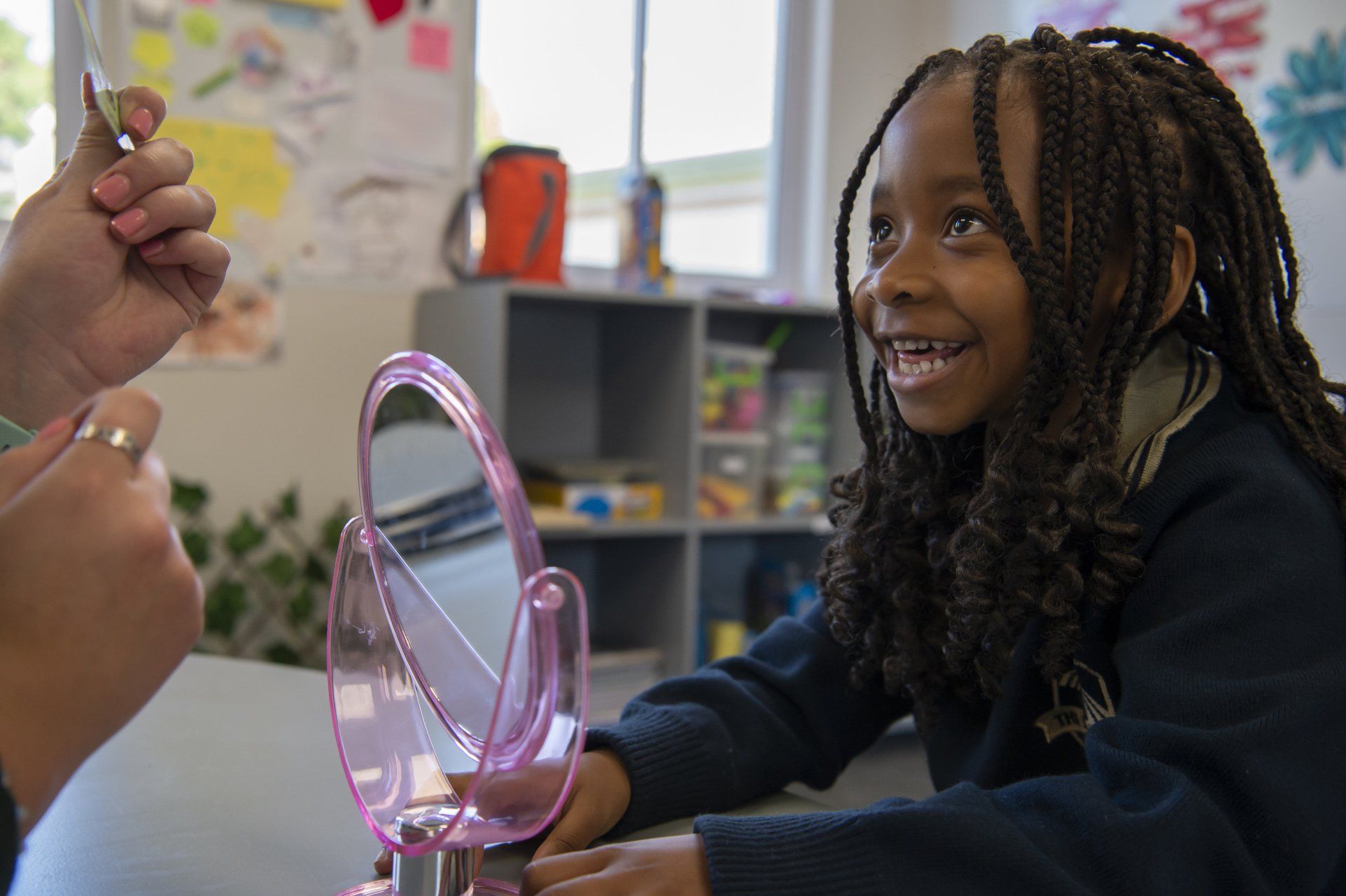Emotional Dysregulation and How to Know If Your Child Needs Additional Support
How to know if your child is struggling & needs additional support

Challenges related to emotional regulation are becoming increasingly common among children in today's society. Emotional regulation refers to a child's ability to manage their emotions in a socially acceptable way, including the ability to delay immediate responses or use alternative responses. But many parents and educators aren’t readily able to identify whether a child’s behaviour is in line with expected development milestones, or whether they have specific needs related to emotional regulation which require additional support.
“Emotional regulation is the ability to respond to a range of emotions in a socially acceptable or tolerable way. This would include spontaneous reactions and the delay of an immediate response, or the use of an alternative response,” says Dr Greg Pienaar, renowned Educational Psychologist and Principal of The Bridge Assisted Learning School, which supports students facing challenges unrelated to cognitive ability. The Bridge is a brand of ADvTECH, Africa’s largest private education provider.
He says emotional regulation is a critical aspect of a child's overall development, and that unresolved and unsupported difficulties in this area may have a negative impact on the child’s academic, social, and emotional functioning.
“It is therefore important that parents who have concerns are able to identify whether their child needs additional help, so that they can receive the necessary support and interventions to promote healthy development,” he says.
Dr Pienaar says some of the signs which may indicate a child is struggling with emotional regulation include:
- Not wanting to attend school at all, for instance if a child routinely cries when it’s time to go to school.
- Being generally emotionally unhappy, where the unhappiness can’t be connected to a concrete issue.
- Losing interest in everyday activities which would have interested the child before.
- Acting out, by displaying negative behaviour which wasn’t in place before.
- Extreme anxiety (or possibly generalised anxiety) in other areas of the life of a child where there may not have been anxiety before.
- Becoming frustrated when a calmer, more reasoned approach would have been in place before.
- Becoming more sensitive to sensory stimuli.
- Struggling with separation anxiety.
Dr Pienaar says parents can assist struggling children to cope with emotional dysregulation by providing routine and structure at home, ensuring consistency, providing clear expectations and boundaries, and also by providing safe spaces for regulation.
Should these early interventions not have an impact, professional help should be sought, which may include regular therapy where a child learns alternative approaches, and potentially prescribed medication.
One of the main sustainable interventions which will help children through their dysregulation journey however is to ensure they are in the right educational environment, where they can enjoy the support of qualified, knowledgeable and experienced professionals who understand their challenges and where they won’t merely be sidelined in the classroom because of challenging behaviour.
“A smaller cottage-style school may be more appropriate, but ideally a specialised environment geared specifically to assist neurodiverse children with unique emotional needs should be sought. Educators and staff in these schools have specialised training and experience which enable them to understand and assist students struggling with emotional dysregulation.
“Very importantly, these schools are able to provide the kind of structure and routine, and indeed predictability, which help reduce anxiety and enables children to develop positive emotional regulation skills. Therapy, counselling and other professional support services are often included as part of the school’s programme, which means that regular scheduled professional support is provided for the child.”
Dr Pienaar says that parents often feel overwhelmed and out of their depth when their child struggles with emotional dysregulation. But he adds that if the matter is identified and support sought for the child as soon as possible, the prognosis for the child’s emotional, personal and academic development is very good.
“Early intervention can help children develop the skills they need to manage their emotions effectively and improve their overall functioning. Research has shown that effective interventions, such as behavioural therapy, can significantly improve emotional regulation skills in children. With appropriate interventions, children can learn to recognise and manage their emotions, understand and express their feelings in a socially appropriate way, and develop positive coping skills, while reducing the likelihood of more significant mental health issues developing in future.”











